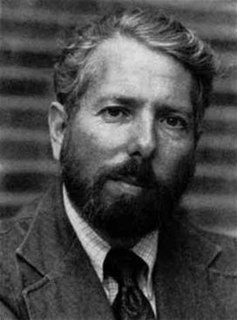A Quote by Tariq Ramadan
There is a claim coming from the West that says that all art must be outside any moral consideration. I can understand this as a provocation, but I also believe that we can still have very profound creativity with a moral sense.
Quote Topics
Related Quotes
God doesn't help. I think that's a knockdown argument. I think that it really shows that whatever moral knowledge we have and whatever moral progress we make in our knowledge or whatever progress we make in our moral knowledge is not coming really from religion. It's coming from the very hard work really of moral philosophy, of trying to ground our moral reasonings.
Every major power always seeks to justify its action on moral grounds. Such behaviour is almost as old as the hills. The west has been a particularly vigorous exponent of this credo; and there is no reason to believe that China, for example, will be any different. But behind the moral rhetoric invariably lies interest and ideology.
Although a person acting under authority performs actions that seem to violate standards of conscience, it would not be true to say that he loses his moral sense. Instead, it acquires a radically different focus. He does not respond with a moral sentiment to the actions he performs. Rather, his moral concern now shifts to a consideration of how well he is living up to the expectations that the authority has of him.
There can be, therefore, no true education without moral culture, and no true moral culture without Christianity. The very power of the teacher in the school-room is either moral or it is a degrading force. But he can show the child no other moral basis for it than the Bible. Hence my argument is as perfect as clear. The teacher must be Christian. But the American Commonwealth has promised to have no religious character. Then it cannot be teacher.
We are now returning to the 18th century empirical approach with the new interest in the evolutionary basis of ethics, with 'experimental' moral philosophy and moral psychology. As a result, we understand better why moral formulas are experienced as ineluctable commands, even if there is no commander and even if the notion of an inescapable obligation is just superstition. So moral philosophy has made huge progress.






































